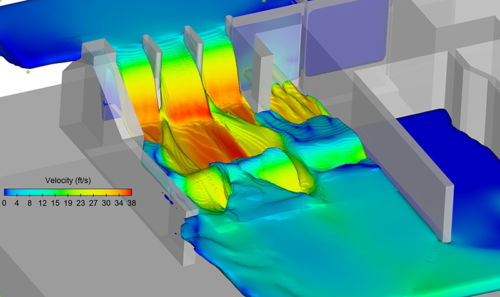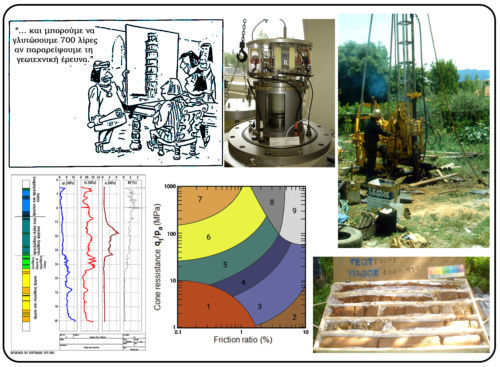1. Introduction
Concepts and Definitions, Environment and civil works, Impacts, state of the art, Significance of
Environmental Impact, Legislation
2. Forecasting and Environmental Impact Assessment
Methodology and application of techniques, Risk forecasting and assessment, Accident impact
assessment
3. Addressing Environmental Impacts and Hazards
Methodology for evaluating alternatives, Environmental restoration, Hazard reduction, Risk
prevention systems
4. Monitoring of Environmental Impacts
Methodology, Quantitative and qualitative monitoring
5. Conduction of Environmental Impact Assessment Studies
Methodology for organizing the conduction of studies and follow up the process of the general study
6. Legislation and Process for Approval of Environmental Impact Assessment Studies
National and Community Legislation, Public Information and Participation, Environmental Terms,
Approval Authority, Remedies.
ENVIRONMENTAL IMPACT ASSESSMENT STUDIES OF TECHNICAL WORKS
| SEMESTER | 8th or 10th |
|---|---|
| eclass | https://eclass.upatras.gr/courses/CIV1872/ |
| Details | http://www.civil.upatras.gr/index.php/odhgos/ |
| Instructor | NTAIKOY IOANNA |
| LANGUAGE OF INSTRUCTION and EXAMINATIONS | Greek |
| Credits ECTS | 5 |
| Teaching Hours | 3 |
| Erasmus+ | No |
| Code | CIV_9560Α |
It is obligatory course of the 8 th semester of the 3 rd Track “Hydraulic Engineering – Environmental
Engineering”, as well as an obligatory course under selection of the 3 rd and 4 th Track “Systems of
Sustainable Transportation and Project Management”.
The aim of the course is to acquire basic knowledge and skills so that the qualified engineers can use
them in their professional careers, either as consultants or as contractors or responsible operators of
projects and activities. In particular, at the end of this course, the student will further develop the
following skills:
- Ability to understand the basic concepts and mechanisms related to the
environmental impact assessment of projects and activities - Ability to apply methodologies for assessing and evaluating environmental impacts
on a variety of practical problems and studies, such as site selection of civil works
(industries, ports, airports), improving traffic and transportation, road positioning,
disposing of solid waste etc. - Ability to study, lifelong learning and continuing professional development
- Ability to conduct environmental impact assessment studies, as well as
interdisciplinary cooperation.





